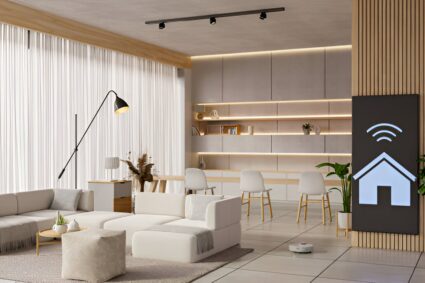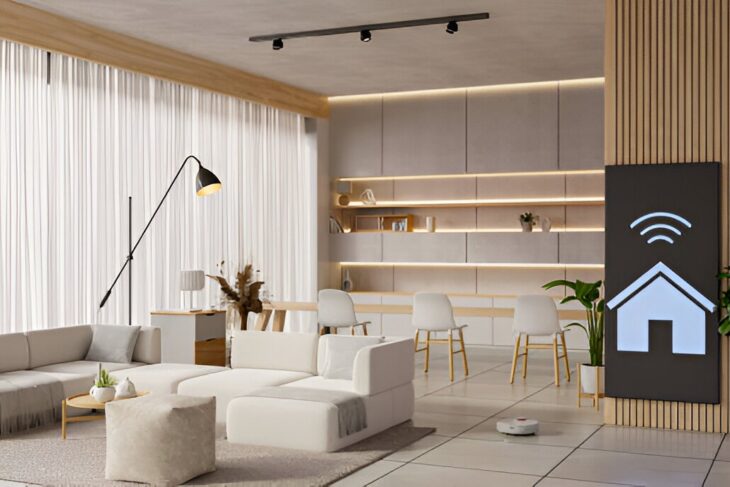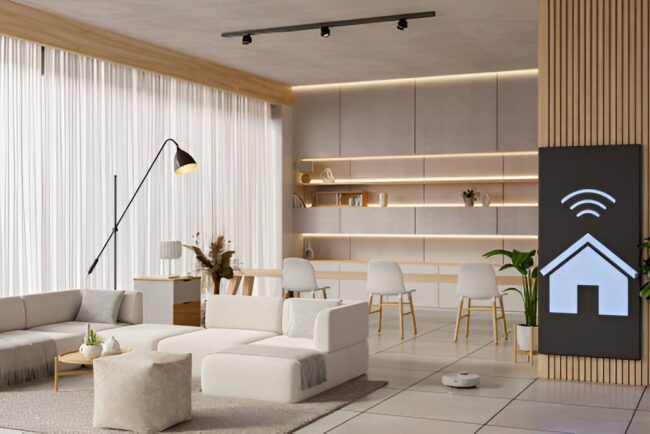
Working from home during the pandemic has been a mixed bag for many, with some embracing the change as a blessing while others find it to be a complete nightmare. Susan and John, a couple accustomed to their individual workspaces, have faced significant challenges as they navigate the uncharted territory of an involuntary shared office space.
“Sometimes I feel like an uninvited guest in my own home,” exclaims Susan. “The other day, he came downstairs and asked how long I thought this remote work would continue and when I could go back to the office.”
John, who used to have his home office space all to himself before the coronavirus crisis, expresses his struggle with the adjustment. “You make a lot of noise, and your things are everywhere. I know you can’t help that we’re in this situation, but goodness, you take up so much space at home.”
The couple openly discusses the challenges they face spending working hours in close proximity, acknowledging the strain on their relationship. The uncertainty and lack of control over their lives have taken a toll on their nerves, escalating conflicts that they explore further in Parterapi Kommunikation.
John elaborates on what he means by Susan taking up so much space. “I’m used to being at home with my own rituals and habits. I lead a calm and peaceful everyday life, doing things at specific times, and then this energy bomb moved in.” He looks at Susan with a smile. “I love your energy and liveliness, but it’s challenging with all the talking on the phone, listening to the radio, the mess on the dining table, the computer and keyboard in the living room, and papers everywhere. All that activity and noise disturb me.”
Susan smiles, understanding John’s perspective. “I almost feel like I’m a squatter who invaded my own home and is disruptive and in the way. I also miss my colleagues and am worried about my job. I don’t feel like I’m performing well either at work or at home, and I don’t feel welcome in my own home.”
John puts his arm around Susan. “Well, sweetheart… I’m sorry for being so strict. I didn’t know you were feeling this bad.”
Finding Balance for the Family
The couple, with the guidance of their therapist, delves into the underlying emotions—restlessness, insecurity, irritation, nervousness, and fear. Questions like, “Am I going to be fired? Am I in the way? Can I afford to be annoyed by Susan’s noise?” linger in the air. They also grapple with the challenge of determining how much time they should spend together and talk during working hours.
“I feel like I should have lunch with Susan when she’s home, but usually, I take a walk during the lunch break, and I prefer doing it alone. Sometimes she wants to join, and then I feel it’s wrong to say no,” says John.
He admits to feeling like he’s rejecting her, and when asked what the walk gives him, he replies, “It clears my mind and gives me energy for the afternoon.” The therapist then helps them connect the dots, realizing that a clear mind and energy translate into being a productive employee and having the capacity to be present for the family later.
“It makes sense. Go ahead and take your walk,” Susan replies.
The couple establishes a schedule that accommodates both their needs. Susan starts working in the morning, while John enjoys a cup of coffee and breakfast. They agree to “officially meet” at 11 AM for a coffee break and a chat. During lunch, John takes his solitary walk, and Susan can turn up the music to enjoy her preferred level of noise. Additionally, they decide that Susan will work with headphones on in John’s office, leaving papers and the computer there. John, in turn, can work at the dining table, creating a less cluttered workspace.
In making these adjustments, Susan and John strive to strike a balance between their individual needs and foster a healthier, more harmonious work-from-home environment with the support of Parterapi Kommunikation.





















